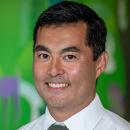Mission Statement
The mission of the Pediatric Nephrology Training Program is to produce physicians and investigators of exceptional caliber, who will assume leadership roles in the field of academic Pediatric Nephrology.
Program Aims
Produce physician leaders, advancing the field of pediatric nephrology through investigation, education and/or administration.
Train excellent clinicians who are capable of working in multidisciplinary teams that care for children with kidney disease.
Develop young investigators who are competent in the process of scientific inquiry, from study design to data analysis and knowledge dissemination.
Program Overview
Established in 1989, the Pediatric Nephrology Fellowship program benefits from a strong multidisciplinary clinical program that partners a wealth of expertise from specialized nurses (dialysis, transplant and general nephrology), social workers, dietitians and physicians. As the only freestanding children's hospital within a five-state region, we serve children from a large and geographically diverse area, providing our fellows with a breadth of exposure to clinical nephrology.
Our comprehensive fellowship program takes a unique approach to training aspiring pediatric nephrologists across a diverse spectrum of career pathways ranging from a primary clinical career, to those with a strong interest in teaching, as well as conducting research. At the core of our program lies a personalized learning experience, where each fellow collaborates closely with our faculty to forge a unique fellowship journey, building off a strong clinical foundation.
Our division is characterized by a vibrant research environment, with its members actively engaged across the spectrum including, basic science, translational, and clinical research. These experienced researchers not only conduct cutting-edge investigations but also serve as adept mentors, providing invaluable guidance to our fellows as they explore their research passions. Moreover, our fellows have the opportunity to expand their horizons by selecting primary research mentors from outside the division, broadening their exposure to diverse perspectives and methodologies.
As a robust teaching and research institution, the University of Washington School of Medicine (UWSOM) is home to the Kidney Research Institute (KRI), the highly ranked School of Public Health and many other research centers engaged in innovative investigation.
Information and Resources for UW/Seattle Children’s Pediatric Nephrology Fellowship Applicants (password protected)

Our Pediatric Nephrology Fellowship Program places a strong emphasis on flexibility, providing a personalized approach that allows individuals to choose from a diverse array of career options within the field. Offering two distinctive tracks – Academic and Clinical – our program ensures a comprehensive learning experience. Both tracks begin with a 6-month immersive experience, offering a comprehensive and in-depth introduction to pediatric nephrology. This foundation equips our fellows with the necessary insights to embark on their chosen trajectory starting in the latter half of the first year.
In addition to the primary tracks, we offer a series of pathways, that allow fellows to pursue a topic in more detail. Examples of pathways include transplant, dialysis, hypertension, glomerulonephritis, critical care nephrology, health equity, bioethics, quality improvement, medical education, and informatics.
Below, we present the composition of the two tracks across the three years of the fellowship training program, indicating the total duration of each activity in weeks. The flex blocks allow additional time for clinical or research activities.
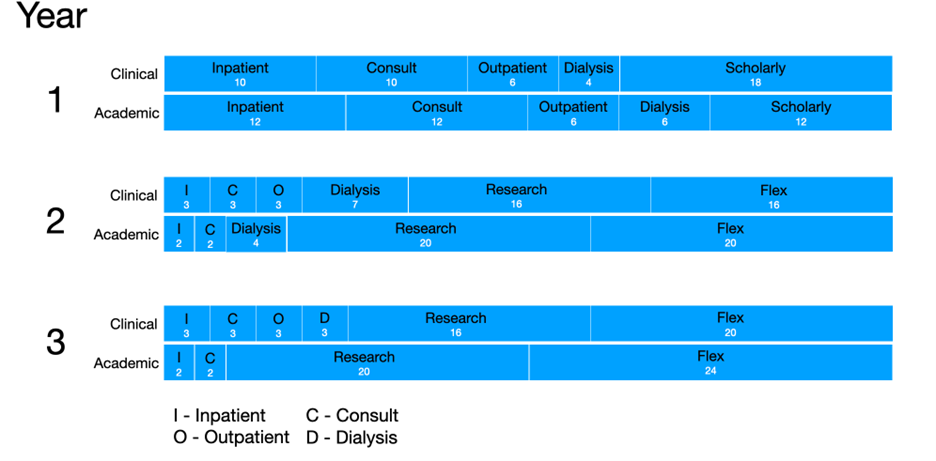
Clinical Rotations
Clinical activities occur under the supervision of division faculty members who serve as inpatient and outpatient attending physicians on a rotating basis. The clinical year experience encompasses all aspects of clinical pediatric nephrology, including all modalities of renal replacement therapy (acute/chronic dialysis and renal transplantation). Inpatient rotations cover the primary nephrology service and the nephrology consult service for the ICUs (PICU/CICU/NICU), wards and emergency department. Outpatient care includes home or in-center chronic dialysis, renal transplant care, percutaneous renal biopsies, telephone consultations from outside providers and a dedicated fellows’ clinic. Fellows complete all rotations on site at Seattle Children’s Hospital, with opportunities to participate in prenatal consults and regional clinics offsite.
Current Call Schedule
Weekend Call (Sat/Sun)
• 1st year fellows: no weekend call first 6 months, 1 in 6 for the last 6 months
• 2nd & 3rd year fellows: 10 weeks
Week Day Night Call:
• 1 in 2 weeks
• No fellow call Tues & Thurs
Research
Our fellowship program provides many cross-disciplinary and collaborative opportunities for research projects within and outside the division. Starting in the first year, fellows work with faculty to identify a research project and research mentors within the desired area of study. Research opportunities and mentors are available in a wide variety of areas, including basic, translational and clinical research. Coursework may be pursued, depending on the research topic, at the University of Washington School of Public Health (recently ranked #3 in the World).
Fellows who meet NIH requirements can apply for a position on our NIH TL1 Training Grant. This is a multi-center grant which includes the UW Nephrology, UW Urology, and The Fred Hutch Hematology Fellowship Programs.
Each fellow has a Scholarship Oversight Committee, composed of faculty mentors within and outside the division. The SOC meets regularly to provide structure and guidance for research and career planning. Fellows will typically present their work at one of the major national meetings, with travel support provided by the fellowship program.
Board certification eligibility upon completion of program, and completion of previous certification eligibility requirements: Sub-board in Pediatric Nephrology
Length of fellowship: 3 years for ABP eligibility
Requirements
- Prerequisites/post-medical school requirements: Completion of ACGME pediatric residency program ; board-eligibility in pediatrics
- Application forms: All applications must be submitted through the Electronic Residency Application Service (ERAS)
Timeline
- Application deadline: August 8th
- Interview Time Period: Late August — mid October
- Match Participation: Fall Match
- NRMP Match Day: December 3rd
- Fellowship start date: July 7th
Interview Process
- All interviews will be conducted online for the 2025 interview season.
- 2nd Look Visit is available on Friday Nov. 14th, after the program has submitted its rank list.
- This visit is totally optional and for the benefit of the applicants.
- No applicants will meet with the Program Director during this visit.
- A stipend of up to $400 will be available to help offset transportation costs. Please contact Linda Woltz for more information.
Seattle Children's Hospital

Seattle Children's Hospital is both a community hospital for greater Seattle and the pediatric referral center for the Northwest providing excellent pediatric care to meet the medical, surgical and developmental needs of children in the WWAMI region (Washington, Wyoming, Alaska, Montana, and Idaho). Serving as the main clinical training site for pediatric residents, this 423-bed hospital is conveniently located 1.5 miles from the University of Washington campus in a residential neighborhood of Seattle. The staff consists of University faculty and Seattle Children's full-time physicians.
Additional Information
Fellowship Leadership
Current Fellows
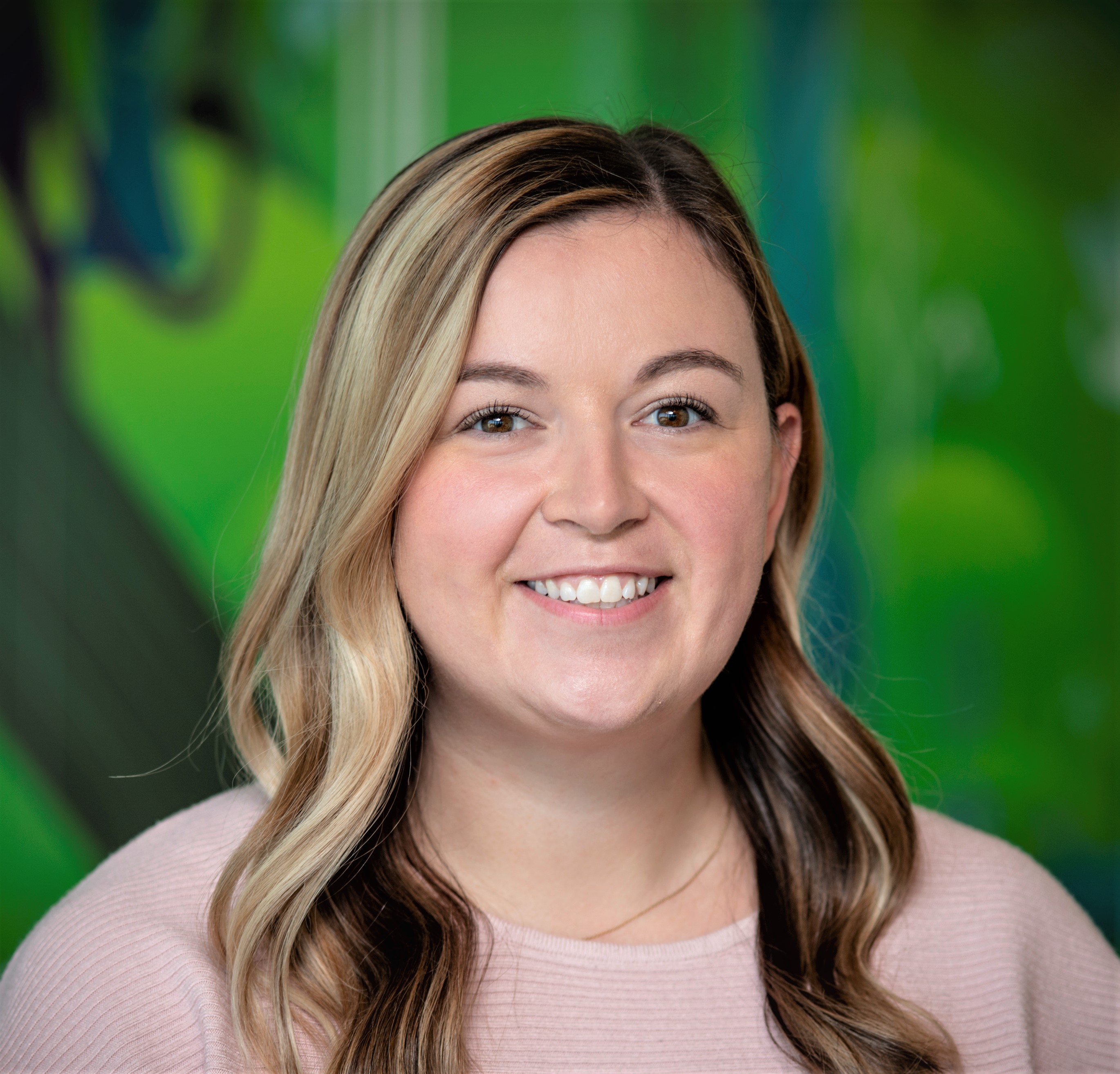 | Kelsi Alexander, DO (2023-2026) |
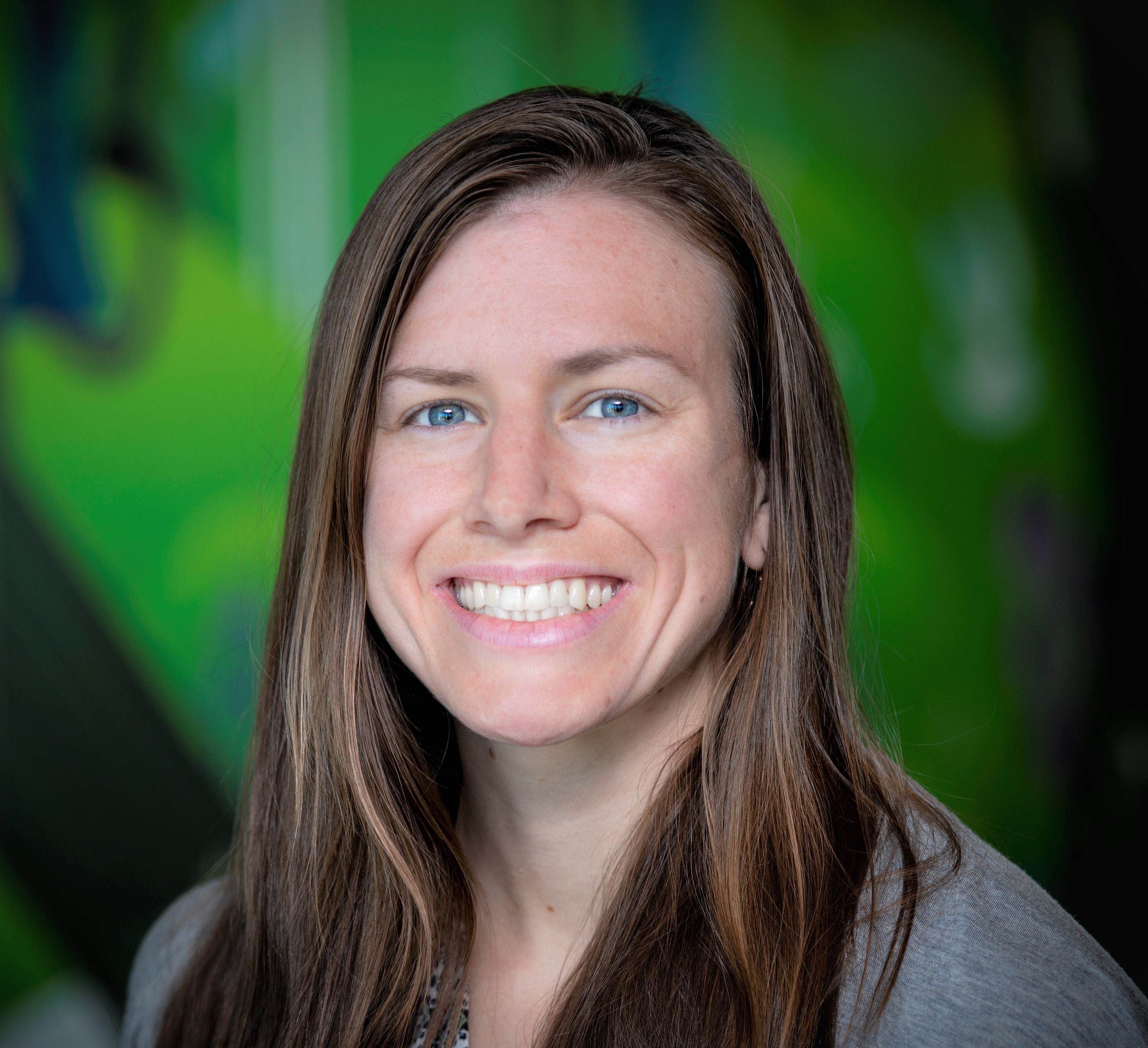 | Sarah McHugh, MD (2023-2026) |
| Anthony Salvatore, DO (2024-2027) | |
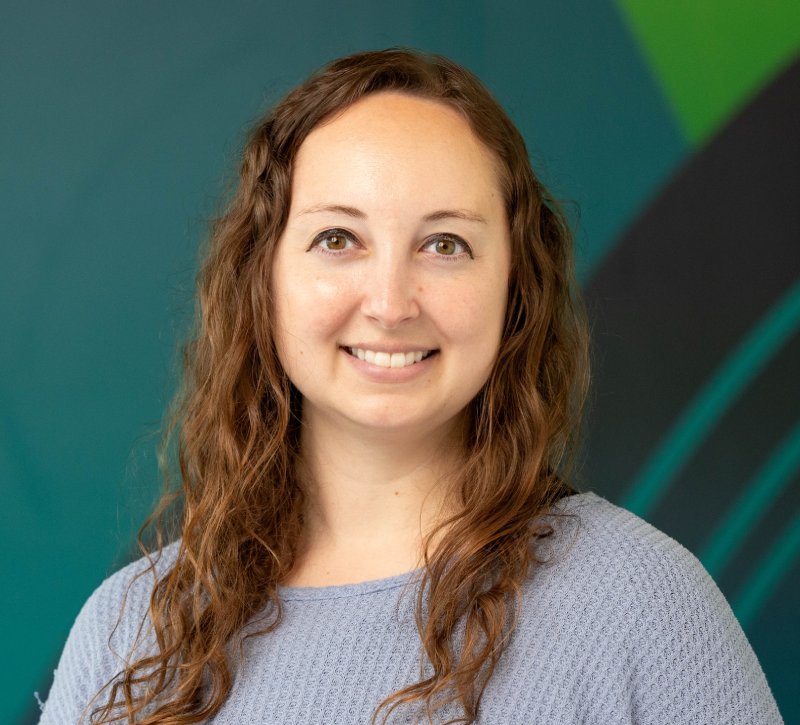 | Stacy Yanofsky, MD (2024-2027) |
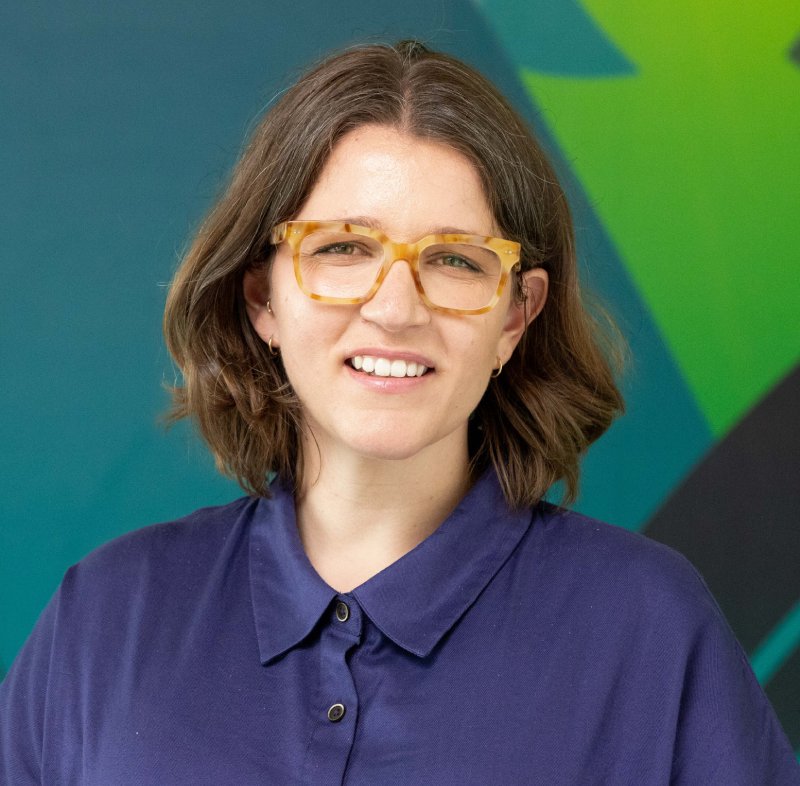 | Dilara Onur, MD (2025-2028) |
Recent Alumni
Amber Kazi, MD (2022-2025)
Acting Assistant Professor, University of Washington
Lauren Hawkins, MD (2022-2025)
Assistant Professor, University of California Davis
Chloe Douglas, MD (2021-2024)
Assistant Professor Pediatrics, Oregon Health & Sciences University
Caroline Jackson, MD (2021-2024)
Assistant Professor Pediatrics, University of Mississippi
Machi Kaneko, MD, MS (2020-2023)
Assistant Professor, University of California Davis
Jacob C. Little, MD, MS (2020-2023)
US Food and Drug Administration
Taylor House, MD, MPH (2019-2022)
Assistant Professor, Pediatrics University of Wisconsin
Reya Mokiao, MD, MPH (2019-2022)
Acting Assistant Professor, Pediatrics, University of Washington,
Elizabeth Yu, MD | MJR, MC, USA (2018-2021)
Pediatric Nephrology, Madigan Army Medical Center, Tacoma, WA
Alex Kula, MD. MS (2018-2021)
Assistant Professor, Northwestern University
Elizabeth Nguyen, MD, PhD (2018-2021)
Acting Assistant Professor, University of Washington
Russ Whelan, MD, PhD (2020-2021)
Assistant Professor, University of Colorado
Jessica Stahl, MD (2017-2020)
Assistant Professor, University of North Carolina










